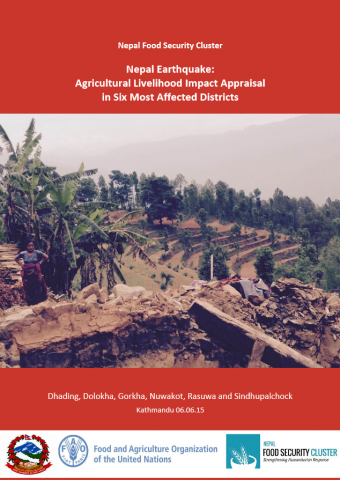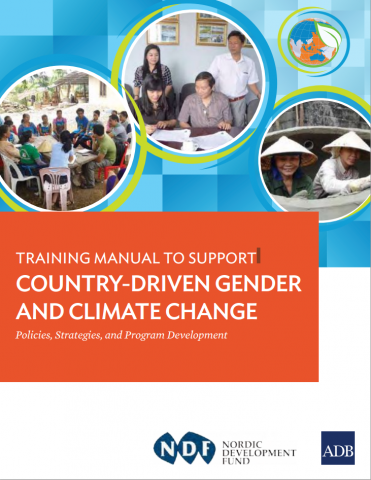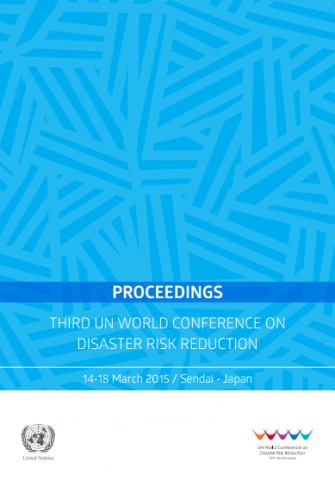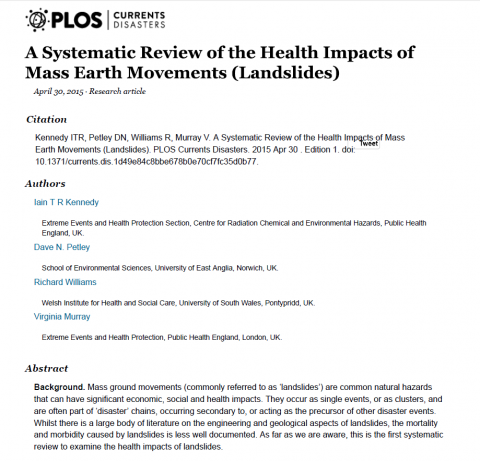Nepal Earthquake: Agricultural Livelihoods Impact Appraisal in Six Most Affected Districts
This report presents a coherent picture of the impact of the Nepal earthquake on agriculture in the six most affected districts: Dhading, Dolakha, Gorkha, Nuwakot, Rasuwa and Sindhupalchock. It identifies priorities for recovery for families dependent upon agriculture for their livelihoods in these six districts; and provides an input into the Agricultural sector section of […]




